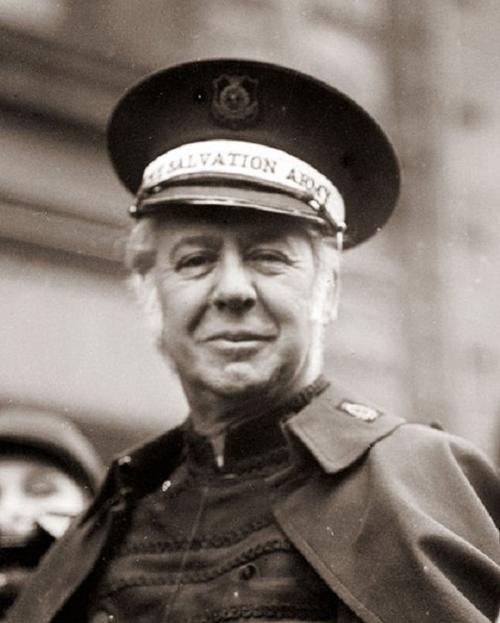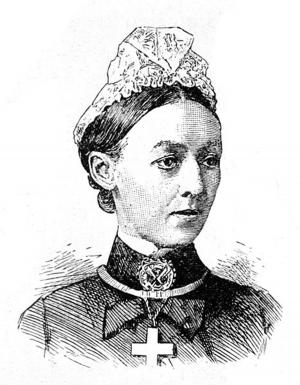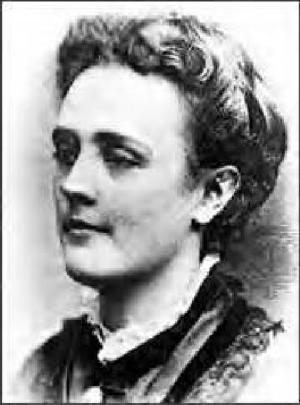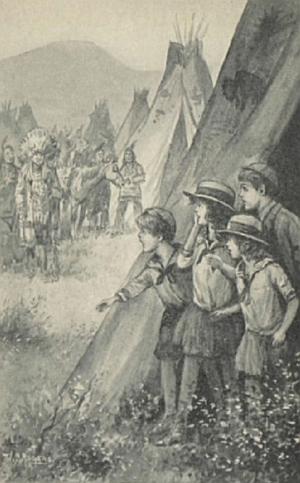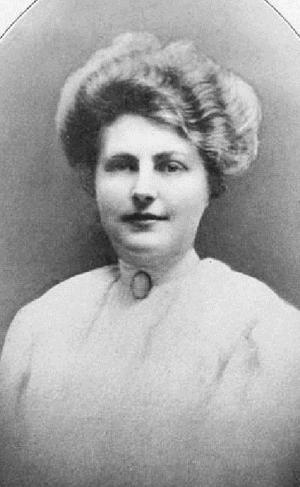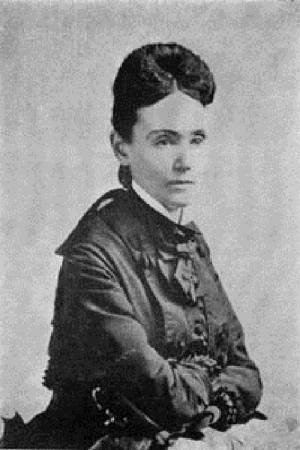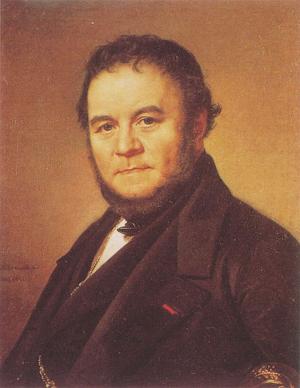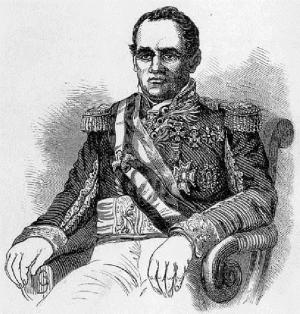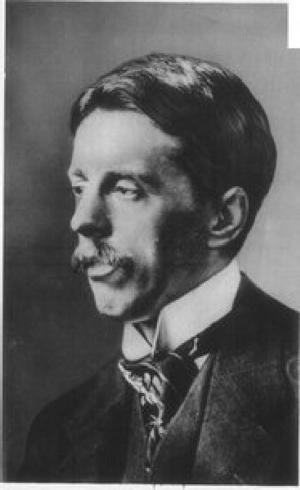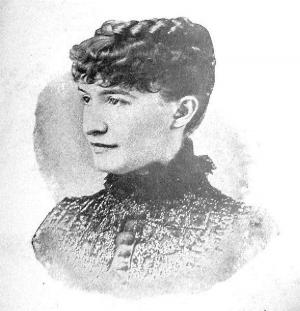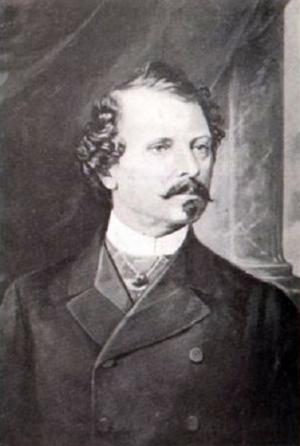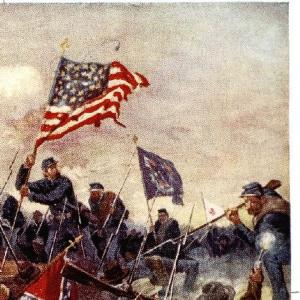| Author: | W. H. G. Kingston | ISBN: | 9781455340323 |
| Publisher: | B&R Samizdat Express | Publication: | December 15, 2009 |
| Imprint: | Language: | English |
| Author: | W. H. G. Kingston |
| ISBN: | 9781455340323 |
| Publisher: | B&R Samizdat Express |
| Publication: | December 15, 2009 |
| Imprint: | |
| Language: | English |
Here is another book in the true Kingston style - lots of swimming, sharks, wrecks, battles, pirates, woundings. Paul goes to sea in the first place because his father has lost a legalcase in which the Devereux family had been claiming his estates and land. To Paul's surprise, who should be in the midshipman's mess but a young man called Devereux, whose life Paul was able to save following his serious wounding. So we just need to keep in mind that Paul is always looking slightly askance at Devereux. Eventually they become great friends. According to Wikipedia: "William Henry Giles Kingston (28 February 1814 - 5 August 1880), writer of tales for boys, was born in London, but spent much of his youth in Oporto, where his father was a merchant. His first book, The Circassian Chief, appeared in 1844. His first book for boys, Peter the Whaler, was published in 1851, and had such success that he retired from business and devoted himself entirely to the production of this kind of literature, in which his popularity was deservedly great; and during 30 years he wrote upwards of 130 tales, including The Three Midshipmen (1862), The Three Lieutenants (1874), The Three Commanders (1875), The Three Admirals (1877), Digby Heathcote, etc. He also conducted various papers, including The Colonist, and Colonial Magazine and East India Review. He was also interested in emigration, volunteering, and various philanthropic schemes. For services in negotiating a commercial treaty with Portugal he received a Portuguese knighthood, and for his literary labours a Government pension."
Here is another book in the true Kingston style - lots of swimming, sharks, wrecks, battles, pirates, woundings. Paul goes to sea in the first place because his father has lost a legalcase in which the Devereux family had been claiming his estates and land. To Paul's surprise, who should be in the midshipman's mess but a young man called Devereux, whose life Paul was able to save following his serious wounding. So we just need to keep in mind that Paul is always looking slightly askance at Devereux. Eventually they become great friends. According to Wikipedia: "William Henry Giles Kingston (28 February 1814 - 5 August 1880), writer of tales for boys, was born in London, but spent much of his youth in Oporto, where his father was a merchant. His first book, The Circassian Chief, appeared in 1844. His first book for boys, Peter the Whaler, was published in 1851, and had such success that he retired from business and devoted himself entirely to the production of this kind of literature, in which his popularity was deservedly great; and during 30 years he wrote upwards of 130 tales, including The Three Midshipmen (1862), The Three Lieutenants (1874), The Three Commanders (1875), The Three Admirals (1877), Digby Heathcote, etc. He also conducted various papers, including The Colonist, and Colonial Magazine and East India Review. He was also interested in emigration, volunteering, and various philanthropic schemes. For services in negotiating a commercial treaty with Portugal he received a Portuguese knighthood, and for his literary labours a Government pension."
